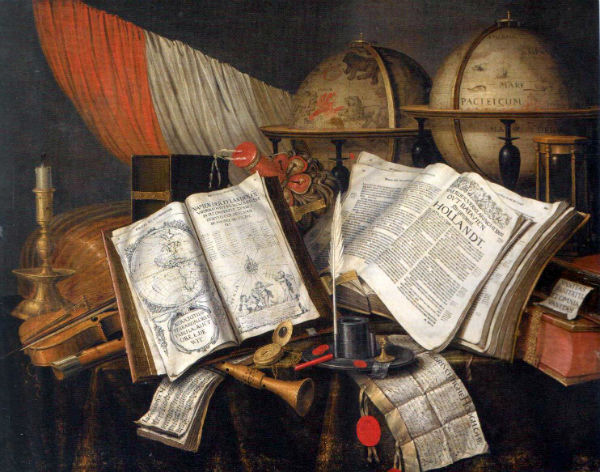Nietzsche and the Communitarian Challenge. Politics, Friendship, Übermensch.
DOI:
https://doi.org/10.13130/2239-5474/7332Keywords:
Nietzsche, community, individual, communitarism, Übermensch, friendshipAbstract
This paper aims to understand the genealogical and biopolitical Nietzschean perspective, in the years 1876-1888, on the meaning and role of the concept of community and Nietzsche’s attempt to overcome the traditional sense, offering a possible alternative to it. Therefore the paper focuses on Nietzsche’s thought about the community formation; the ontological and political relation between individual and community; the immunitarian preservation and exclusion strategies realized inside the political and social organism, the communitarian formation of the individual, its government and its role in the community, thought still possible if organized hierarchically and aristocratically.
It was chosen as paradigm of Nietzsche’s reading of the community the Zarathustrian community of friends, to highlight the question of the thought of a communal being; in this perspective it was taken into consideration the eventuality of the Übermensch as Nietzsche’s ethical-political answer to the end of the old religious-metaphysical and political old community.
The reading of Nietzsche’s works offered the opportunity to follow his attempt to think a new kind of community and individual, strictly connected to his thought of a new human type.
Downloads
Published
Issue
Section
License
- Authors retain copyright and grant the journal right of first publication with the work simultaneously licensed under a Creative Commons Attribution License that allows others to share the work with an acknowledgement of the work's authorship and initial publication in this journal.
- Authors are able to enter into separate, additional contractual arrangements for the non-exclusive distribution of the journal's published version of the work (e.g., post it to an institutional repository or publish it in a book), with an acknowledgement of its initial publication in this journal.
- Authors are permitted and encouraged to post their work online (e.g., in institutional repositories or on their website) prior to and during the submission process, as it can lead to productive exchanges, as well as earlier and greater citation of published work (See The Effect of Open Access).



